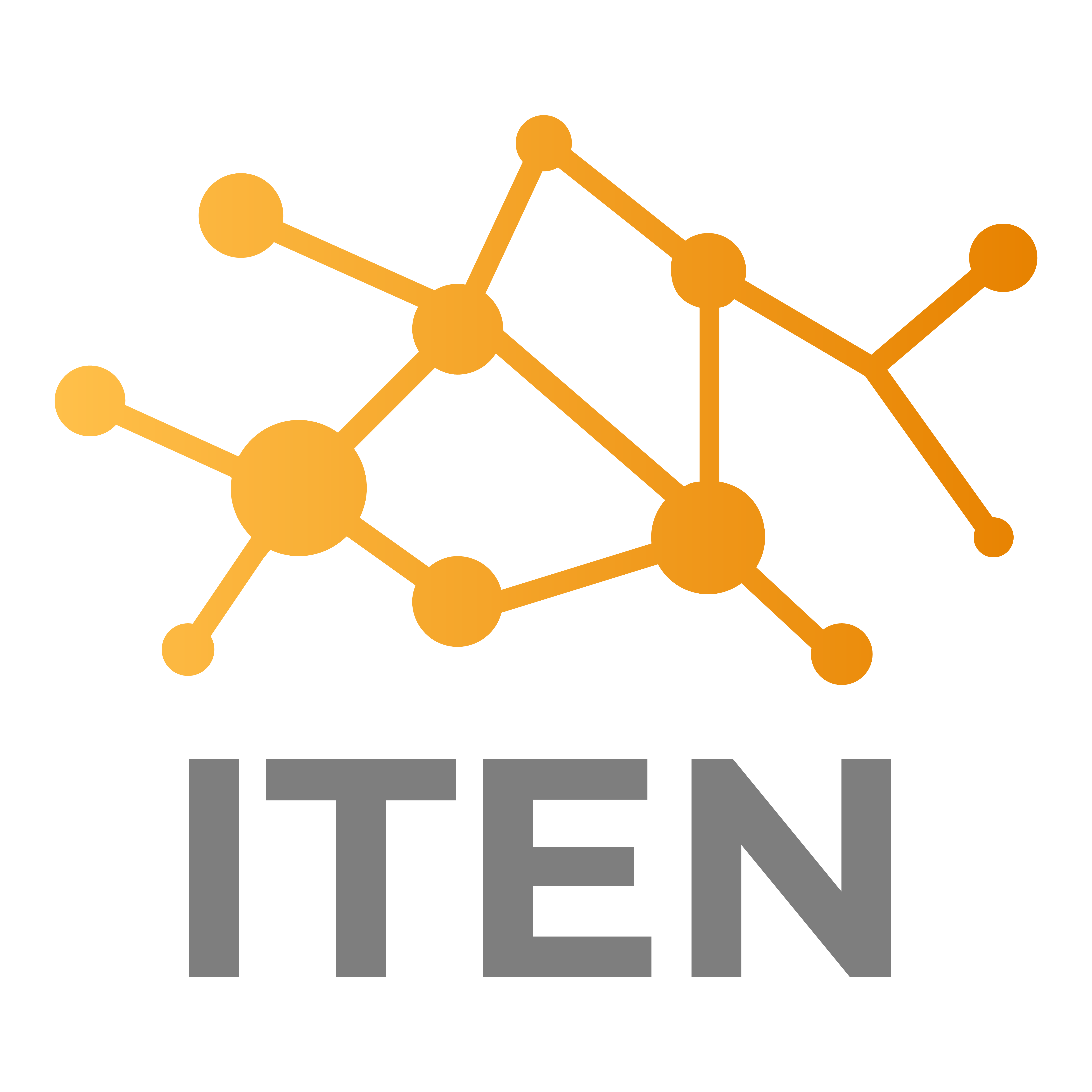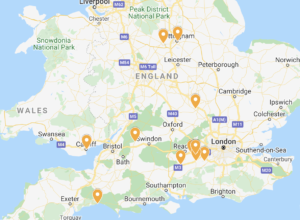Carbon neutrality of the road sector
- Date: 2022
- Client: PIARC
- Project Type: Research and review
About this Project
Project name: PIARC – Carbon neutrality of the road sector
ITEN Project team: Vijay Ramdas, Martin Lamb, Helen Viner, Alan O’Connor, Eugene OBrien
The issue identified: Whilst net zero carbon and carbon neutrality have different definitions (theoretically there is no need to reduce carbon emissions to achieve carbon neutrality), the need to drastically reduce carbon emissions to avoid the worst impacts of climate change is well understood. Road owners and operators need to play their part in reducing their own emissions and the emissions of those who use the road network. These are defined as Scope 1, 2 and 3 emissions. Scope 1 covers direct emissions, e.g. from in building and maintaining roads; Scope 2 covers indirect emissions, e.g. electricity for road lighting; whilst Scope 3 covers emissions generated by road users. Road owners have direct control over scope 1 emissions and some control over scope 2 emissions. Whilst they have little or no direct control over scope 3 emissions, they can support a reduction in carbon emissions, for example, through provision of electric vehicle charge points on their network.
Balanced against the requirement for carbon reduction is a requirement for a well-functioning transport networks as a backbone of economical and social activity. This is particularly the case for low and middle income countries, where economic growth is a priority and whose overall contribution to global carbon emissions has been small.
The work undertaken: Desk based research was supplemented by a questionnaire and series of interviews to identify a range of technologies, strategies, business models and policies that can be used to reduce carbon across the construction, maintenance and operation of the highway network. Technical solutions include new and alternative road materials, improved resource efficiency and integration of the circular economy, building on the work of the CERCOM project. The conversion of the construction fleet to low or zero emissions operation is being investigated, as is the use of solar energy for site lights and generators.
Given that vehicles using the road generate use around 18 times more energy than road construction, perhaps the most effective means of reducing carbon is to promotion and enable active travel (walking and cycling) and the use of public transport. High quality and safe cycle paths can facilitate active travel, whilst attracting users to buses and coaches can be an effective means of both reducing carbon emissions (particularly if the bus is electric) and freeing up road space.
The outcome: The output of the project will be a toolkit of options for road owners and operators to consider when attempting to address their direct carbon emissions (scope 1), strategies and business plans to cover options for scope 2, and an evidence base on policies and strategies, where road owners can support scope 3 emissions.
The benefit to the client: The work will highlight the technical potential for a drastic reduction in the carbon intensity of road construction, maintenance and operation. The roles of the various actors for achieving this (i.e. road owners and operators, supply chain and vehicle manufacturers) reduction, through local strategies and overarching policies are presented.


